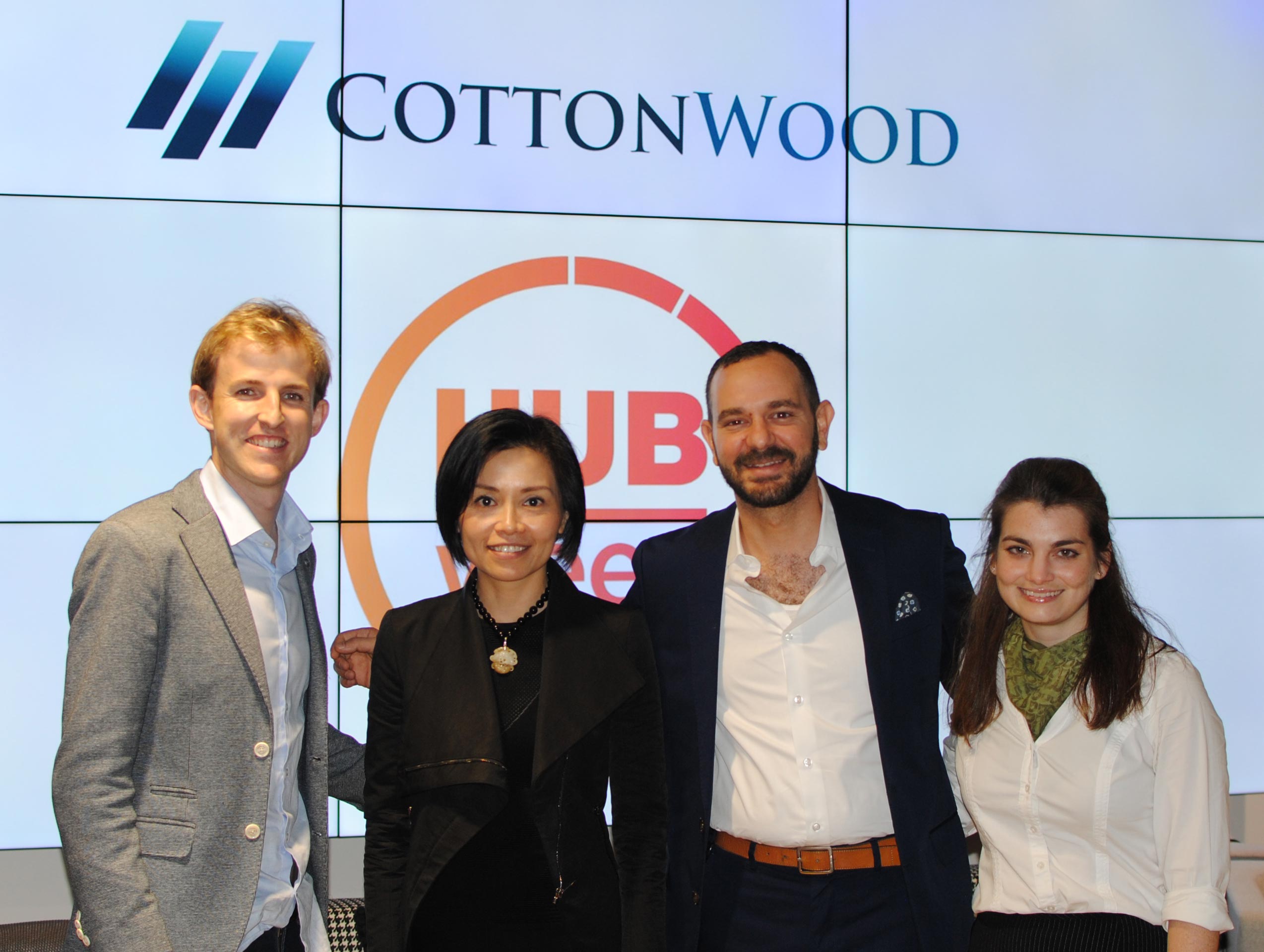The Future of Urban Housing?
-
-
slice.mit.edu
Filed Under
Recommended


Inventive thinking and disruption are critical for successful real estate and design, particularly in cities where space, money, and time are in short supply. At this year’s HUBweek, MIT alumni discussed the ways they engage with these issues and offered potential solutions at the Innovation, the New Foundation of Urban Living session on October 11, 2017.
“It’s impossible to make cities sustainable without looking at resources on demand,” said Hasier Larrea SM ’15, founder of Ori Systems.
In his case, Larrea is talking about optimizing small physical space. Ori Systems makes “furniture with superpowers”: in new modular studio apartments, a remote control on the wall moves a robotic system that holds a desk, a bed, shelves, and a closet. These items move horizontally back and forth to expand open physical space or contract it, depending on the need. A living room can expand when a user wants to watch TV and contract when the user wants to expand the bedroom.
“We’re trying to break the linear relationship between square footage and functionality. Robotics can break that relationship,” says Larrea. The rooms cost more than a standard studio, but the system allows it to mimic a one-bedroom for less money. Ori markets directly to real estate developers to help mitigate the high cost of a small apartment. Ori Systems originated as a Media Lab spinout, which played a part in the decision to select Boston as one of 13 cities that is testing the design. Larrea said the Media Lab is inspirational. “You get amazing incentives to create just by being surrounded by some of the smartest people on Earth. When you see someone beside you doing amazing things you also want to do the same. But just as important, there are resources to execute. This is an ecosystem that isn’t typical—there’s no idea that’s too crazy.”
Cofounders Rachel Goor MCP ’17 and Noelle Marcus MCP ’17 are also making waves in the Boston housing space, but for a different reason—Nesterly helps fill excess empty space that’s no longer being used effectively. Using the service, Baby Boomers can rent out their spare bedrooms to students and other young professionals in exchange for potential task-sharing and discounted rent.
Intergenerational homesharing is not a new idea, but the challenge is implementation; government subsidies don’t provide enough housing solutions for people who need it, and existing homesharing programs run into issues with regulation. Nesterly has bypassed these problems by developing key partnerships with cities first, starting with Boston, and then utilizing those relationships to market to individuals who need it most.
“Boston is excited to have these interventions for students, and Massachusetts wants to be a leader in the aging space,” said Goor. “Down the road, we’re hoping for policy changes to make it easier to participate in homesharing, and to ensure that more people can access innovative housing solutions in general. We hope that, eventually, housing will become a human right, and that we can help be a part of that movement.”
Tinchuck Ng ’96, speaker at MIT World Real Estate Forum and a judge on IDEAS Global Challenge, moderated the panel. She’s international chair at Cottonwood Management, who hosted the event.
Cottonwood is a leader of innovation in urban areas; the company recently closed on parcels of land in the Seaport District that they’re planning on making a 1.33 million-square-foot mixed-use development called EchelonSeaport. One of the largest developments under construction in Boston, the project will ultimately comprise 887,000 square feet of luxury condos, 125,000 square feet of retail, and a central piazza with a landmark bridge, outdoor seating, and tree canopy. The project is scheduled for completion by 2020.
Four of Cottonwood's executives, including Chairman and CEO Alexander Shing ’00, are MIT graduates.







